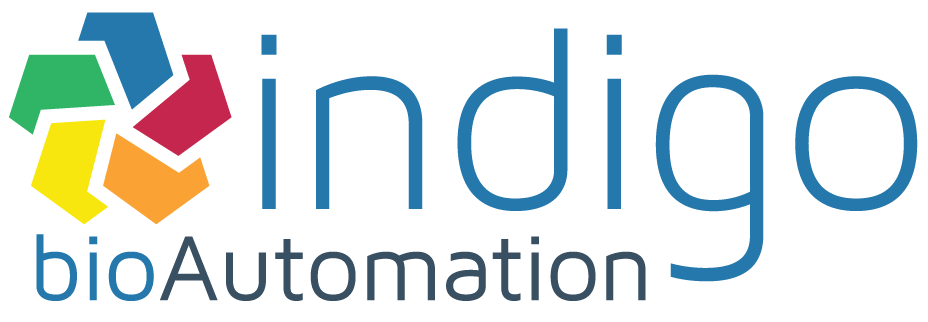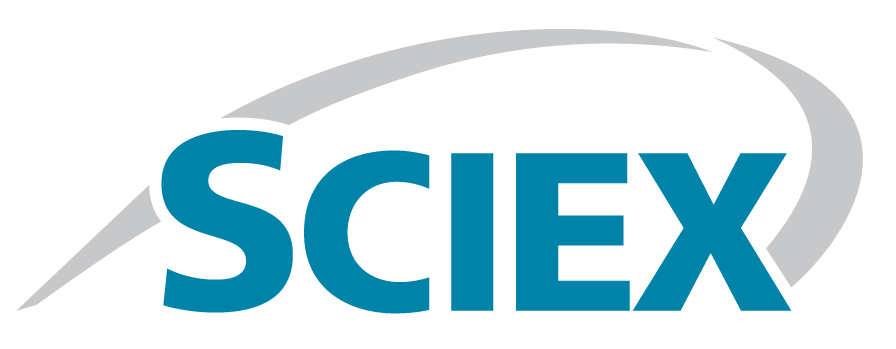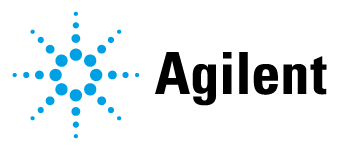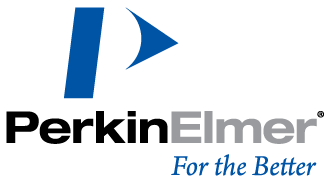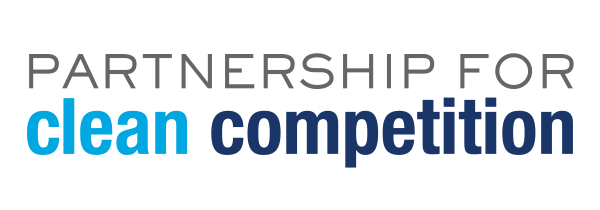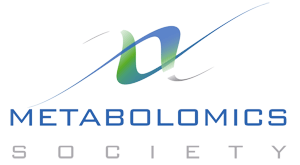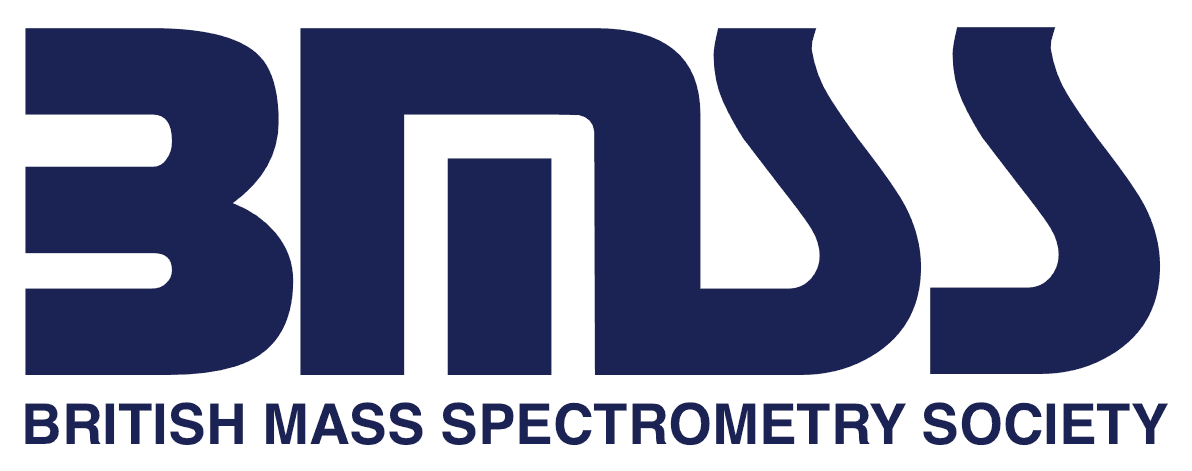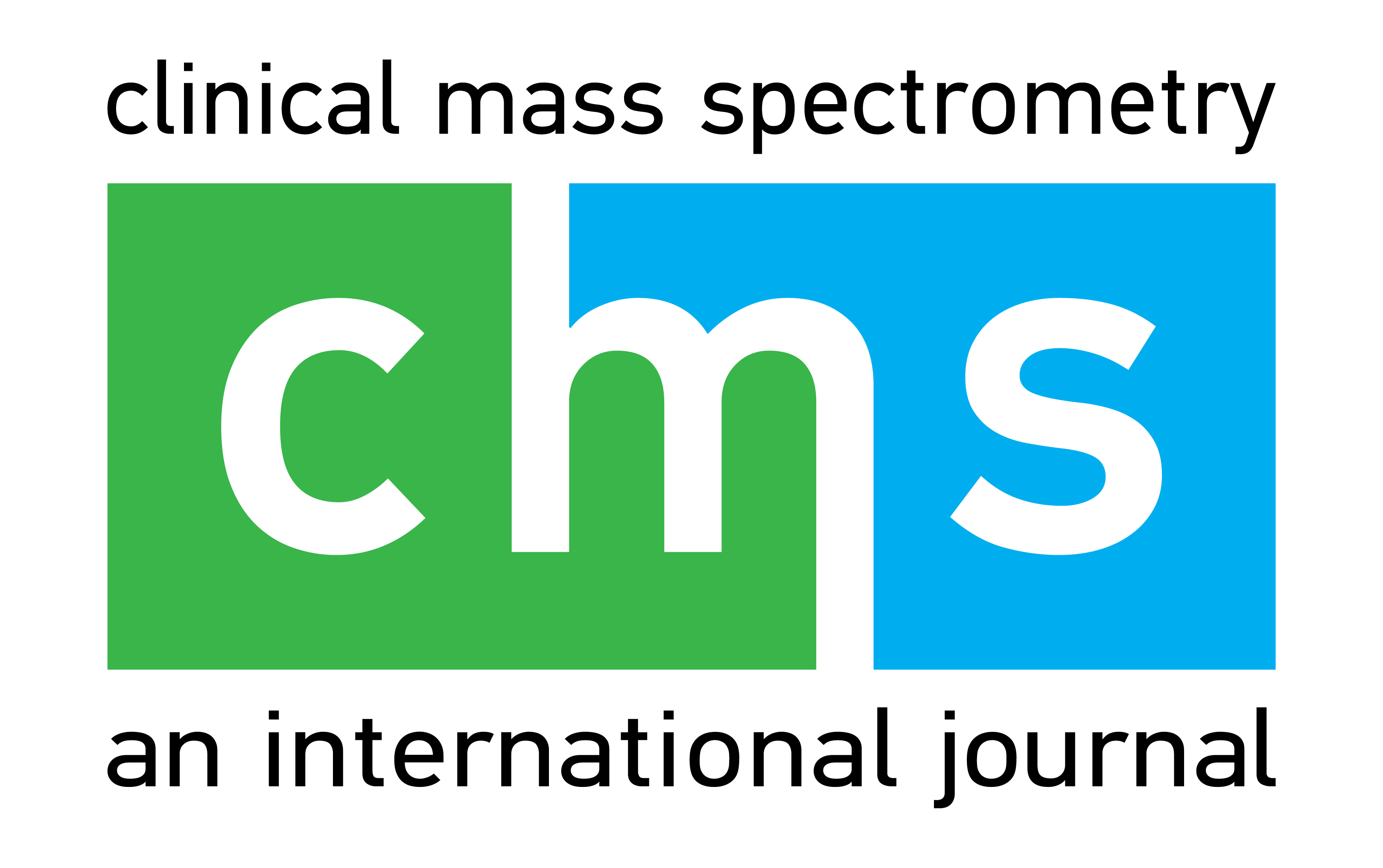MSACL 2019 USPalm Springs: Mar 31 - Apr 4 |
For Vendors
MSACL US
|
Corporate Workshops (for Vendors)
** APPLICATION & PRICING for MSACL 2019 US Workshops
Workshop Assignments
Assignments finalized & Early Bird Deadline: November 03, 2018.
Any workshop slot that appears taken may be preferentially selected based on sponsorship level up through the end of the Early Bird date.
Workshop Details
Corporate Workshops provide an opportunity for MSACL conference attendees to learn more about specific applications or products of interest as presented by sponsoring vendors.
The listed fee includes projector, screen and microphone.
These workshops are offered at no charge to attendees.
Workshop registration must be managed by the Workshop host.
Title must be uploaded online before February 15, 2019
to make
the
conference print program.
Workshop Promotion
As a Workshop Sponsor, to promote your event you will be provided ONE (1) use of the email list of attendees that have not opted out of vendor contact.
On the day of your event you will be provided a table, chair in front your booked rooms. You will also be permitted to place one piece of signage in front of the room up to 30 minutes prior to the event.
Workshop Assignments
Workshop Sponsors: Modify your content
Notice: Undefined variable: location_order in /home/msacl0017/public_html/include/webpage_structure/include_subtab_content_nextgen.php(1170) : eval()'d code on line 55
| Tuesday April 2 | ||||
| 12:30 - 13:45 | Room 1 | Indigo BioAutomation | View Summary | |
| 12:30 - 13:45 | Room 2 | Thermo Fisher Scientific | View Summary | |
| 12:30 - 13:45 | Room 5 | Shimadzu | View Summary | |
| Wednesday April 3 | ||||
| 7:00 - 7:45 | Room 1 | OPEN | ||
| 7:00 - 7:45 | Room 2 | OPEN | ||
| 7:00 - 7:45 | Room 3 | Biotage | View Summary | |
| 7:00 - 7:45 | Room 4 | Indigo BioAutomation | View Summary | Pre-Register Now |
| 7:00 - 7:45 | Room 5 | Thermo Fisher Scientific | View Summary | |
| 8:00 - 8:45 | Room 1 | Restek | View Summary | |
| 8:00 - 8:45 | Room 2 | SCIEX | View Summary | Pre-Register Now |
| 8:00 - 8:45 | Room 3 | Thomson Instrument Co | View Summary | Pre-Register Now |
| 8:00 - 8:45 | Room 4 | Agilent Technologies | View Summary | Pre-Register Now |
| 8:00 - 8:45 | Room 5 | MilliporeSigma | View Summary | |
| Thursday April 4 | ||||
| 8:00 - 8:45 | Room 1 | Waters | View Summary | |
| 8:00 - 8:45 | Room 2 | Ceres Nanosciences | View Summary | |
| 8:00 - 8:45 | Room 3 | PerkinElmer | View Summary | |
| 8:00 - 8:45 | Room 4 | MSACL | View Summary | |
| 8:00 - 8:45 | Room 5 | Thermo Fisher Scientific | View Summary | |
Corporate Workshop Summaries
Tuesday April 2 |
| @ 12:30 - 13:45 in Room 1 with Indigo BioAutomation |
| Automatability, Analytics, and AI – Enabling Machine Learning in the Real World Russell Grant, PhD: VP Research and Development - LabCorp Randall Julian, PhD: President, CEO and Founder - Indigo BioAutomation Data science offers a wealth of techniques, approaches and philosophies which can dramatically improve the scientific and business performance of the laboratory. Getting started in a meaningful way, however, can be a challenge, given exactly that wealth. We invite you to join a discussion, in three parts, which describes a practical roadmap for getting from “right now” to “radically new”. Great data science begins with great data. Critical factors in the design and development of an assay affords a dramatic difference in its inherent automatability. Find out how to build quality into the assay and optimize its assessment, for the best technical performance. When is a picture actually worth a thousand words? Great assays lead to high quality and well curated data, a critical need in data science. Visualization tools such as Tableau can reveal immediate insights. And when is a picture not enough? Effective machine learning takes place when it complements, not duplicates, the human perspective. Learn about completely orthogonal, machine learning approaches to data processing and review. |
| @ 12:30 - 13:45 in Room 2 with Thermo Fisher Scientific |
| LC-MS Tools for Clinical Toxicology Research William Clarke, PhD, MBA, DABCC Johns Hopkins University For clinical toxicology research, there is increasing interest in the use of dried matrices (such as blood or urine) for testing. Advantages include biologic microsamples can be easily transported, and for analytes stable desiccated at room temperature, there is an additional benefit of easier, less expensive storage. However, there are some challenges in processing dried sample spots due to the labor-intensive nature of punching and extracting sample from collection cards. We will discuss automated approaches for dried sample analysis that can mitigate these challenges. Another challenge in clinical toxicology research is that the landscape of drug abuse is constantly changing, with new substances introduced regularly. While targeted LC-MS/MS is a useful tool, it will only detect things that we know to look for. Untargeted toxicology screening using high-resolution mass spectrometry is an important, complementary tool to targeted LC-MS/MS to understand what substances are present in drug-using communities, and also to investigate test results that are not consistent with the presentation or observation of the research subject. We will discuss ways to use untargeted toxicology screening to supplement routine targeted LC-MS/MS testing. |
| @ 12:30 - 13:45 in Room 5 with Shimadzu |
| LC-MS/MS-based Targeted Metabolomics as a Key Tool for the Mechanistic Understanding of Metabolic Disease Ruth Gordillo, Ph.D. Assistant Professor at Touchstone Diabetes Center, UTSW Medical Center Director Metabolic Phenotyping Core. Research in the Touchstone Diabetes Center focuses on both basic and clinical aspects of Type 1 and Type 2 diabetes, and questions related to the impact of diabetes and obesity on cardiovascular disease outcome, renal disease, and cancer progression. LC-tandem mass spectrometry targeted metabolomics is a fundamental tool in all of the areas of our research. Our analytical portfolio includes the exploration of sphingolipids and phospholipids, water soluble cellular metabolites, diastereomeric separations of carbohydrates, nucleotide sugars and glycosphingolipids, and therapeutic antibodies. Published results have revealed the existence of a relationship between levels of sphingolipid species and preclinical models of disease. Similar correlations have been found in the analysis of clinical samples. Our laboratory has also recently reported the implication of nucleoside metabolites in energy homeostasis. This talk will include the utilization of both, liquid chromatography and supercritical fluid chromatography with ultra-fast mass spectrometry to explore in depth the metabolic phenotype of our transgenic mouse models of disease and the broader implications to human health. |
Wednesday April 3 |
| @ 7:00 - 7:45 in Room 3 with Biotage |
| Comparison of Biotage Dual Mode Extraction (ISOLUTE® HYDRO DME+) with Solid Phase Extraction (SPE) for Sample Prep in Clinical Urine Drug Testing Assays Ben Beppler, Sr. Development and Technology Scientist TriCore Reference Laboratories Albuquerque, NM While utilization of solid phase extraction (SPE) chemistries routinely provides superior cleanup over dilute and shoot techniques for clinical urine drug testing assays, hurdles exist for many labs that impede SPE implementation, including cost, complexity, and the time required to perform extractions. When assays have a large panel of drugs with multiple drug classes, compromises in wash and elution solvents to recover all of the analytes of interest can negatively impact cleanliness of traditional SPE protocols. In this seminar, we compare the performance of a patent pending, brand new sample prep technique, Dual Mode Extraction (ISOLUTE® HYDRO DME+), against clinically validated SPE assays for opioids, benzodiazepines, and metabolites, including evaluation of in-well enzymatic hydrolysis. We have found that the Dual Mode Extraction plates provide a simple, yet robust alternative when SPE is cost-prohibitive. |
| @ 7:00 - 7:45 in Room 4 with Indigo BioAutomation |
| Pre-Register Now |
| Building a Better System – ASCENT Series 4 At previous MSACL meetings, Indigo has described how the utilization of self-aware peak processing algorithms, a comprehensive quality architecture, and a streamlined, exception-based data/result review process have proven to be a successful strategy for improving both quality and throughput of LCMS analysis. More recently, we have described how the positive impacts of these batch-oriented optimizations can be significantly magnified by an additional layer of analytics, visualization, and machine learning, all of which provide comprehensive information across instruments, assays, and batches. Now, all of that has been brought together. While we’ve been helping labs realize how ASCENT can elevate their business performance and technical efficiency, we’ve also been learning a great deal. All of those experiences have been combined with our latest innovations, to create a platform which does even more for the laboratory. Please join us for a discussion on what we’ve learned in working side-by-side with laboratories, what our system has been taught about the ways in which labs really operate, and what ASCENT Series 4 can do for your laboratory. |
| @ 7:00 - 7:45 in Room 5 with Thermo Fisher Scientific |
| The Current Challenges in Drug Quantitation from a User’s View: Can Paper Spray Mass Spectrometry Fill the Gap? Lindsey Kirkpatrick, DO, PhD Indiana University School of Medicine, James Whitcomb Riley Hospital for Children, Pediatric Infectious Disease Fellow Workshop abstract: Mass spectrometry is a powerful and sensitive analytical tool, but its application to drug quantitation at the institutional level is limited by extensive sample preparation, instrument complexity, and required technician expertise. Dr. Kirkpatrick will briefly describe the challenges clinical researchers face in obtaining drug levels at the institutional level. She will discuss the principles of paper spray mass spectrometry, which eliminates extensive sample preparation and simplifies the use of mass spectrometry-based identification and quantitation for a variety of applications. She will then describe the application of the new Thermo ScientificTM VeriSpray™ PaperSpray ion source and cartridge design that can be utilized for rapid drug detection and quantitation from dried bio-fluids. |
| @ 8:00 - 8:45 in Room 1 with Restek |
| Coated Blade Spray-Mass Spectrometry: A Novel Strategy for Rapid Screening and Quantitation Presented by Associate Professor Dr. Kara Lynch, University of California San Francisco Dr. German Gomez-Rios, Restek Corporation Coated Blade Spray (CBS) is a novel sampling/sample-preparation technology that can be directly interfaced to Mass Spectrometry (MS) instrumentation for rapid screening and quantitation of small molecules present in complex matrices. First, Professor Kara Lynch presents a comparative study between a Point of Care-CUP test and CBS-MS/MS for drug screening in urine samples of chronic pain patients. Unlike the POC-CUP test, where determination of each class of drugs requires a separate assay, the CBS-MS method is able to provide data for all selected drugs and metabolites in a single analytical run. Then, Dr. Gomez-Rios introduces a collaborative effort between the University of Waterloo and the University of Toronto towards the quantitation of four immunosuppressive drugs (i.e. cyclosporine A, tacrolimus, everolimus, sirolimus) via CBS-MS/MS in blood samples of Canadian patients. A comparative study between CBS-MS/MS and the automated immunoassay showed good agreement between both methods with observed differences consistent with those formerly reported in literature. |
| @ 8:00 - 8:45 in Room 2 with SCIEX |
| Pre-Register Now |
| Title: Use of MS Workflows to Support HIV Clinical Trials: A Focus on Prevention Presenter: Mark Marzinke, PhD, DABCC Associate Professor, Pathology and Medicine, Johns Hopkins University School of Medicine Abstract: Antiretroviral drugs have long been used for treatment and management of HIV. Currently, a fixed dose, once-daily, oral formulation of two nucleoside reverse transcriptase inhibitors (tenofovir (TFV) disoproxil fumarate and emtricitabine) is US FDA-approved to prevent HIV acquisition in high-risk populations. The pharmacology of these compounds has been evaluated using liquid-chromatographic-mass spectrometric (LC-MS) approaches. This presentation will focus on workflows associated with the validation and implementation of bioanalytical assays to understand TFV pharmacology in assessing drug adherence, as well as in the interrogation of antiretroviral drugs as alternative drug delivery systems for HIV prevention. |
| @ 8:00 - 8:45 in Room 3 with Thomson Instrument Co |
| Pre-Register Now |
| Sample preparation continues to be a critical factor in the quantitative measurement of urine, oral fluid and blood samples. The goal of this seminar is to discuss how to streamline the sample preparation process utilizing the Thomson eXtreme Filter VialsTM to reduce interferences from the sample matrix and increase analyte recovery. The Thomson eXtreme Filter VialsTM allows for the analysis of multiple drug classes will employing a simple dilute, filter and shoot approach; while saving time, reducing solvent usage, and alleviates the need for expensive consumables and lab equipment. |
| @ 8:00 - 8:45 in Room 4 with Agilent Technologies |
| Pre-Register Now |
| Redefining High-throughput: Bringing RapidFire® to the High Resolution “Masses” Speaker: Frederick Strathmann, Ph.D. NMS Labs Analytical inefficiencies have unknowingly become commonplace in the mass spectrometry laboratory. Large panels have been used in an attempt to satisfy the need for an efficient workflow with little attention on the resultant negative impact to the utilization of the analytical system as a whole. Multiplexing strategies can help to overcome this analytical bottleneck but fall short for complex chromatograms as is the case for large screening needs. In collaboration with Agilent Technologies, NMS Labs has successfully paired a RapidFire® system with a 6545 Q-TOF to demonstrate a novel workflow capable of screening over 250 compounds in less than 30 seconds per sample. As a direct comparison to existing testing, a 10 minute injection-to-injection method was reduced to less than 25 seconds injection-to-injection for a 20-fold improvement in throughput. This talk will provide an overview of the RapidFire® technology, pros and cons of the various 6545 Q-TOF acquisition methods with a rapid injection technology, and a discussion of potential applications of this exciting technology. For Research Use Only. Not for use in diagnostic procedures. |
| @ 8:00 - 8:45 in Room 5 with MilliporeSigma |
| Enhancing Accuracy: Matrix Screening, Internal Standard Selection and Sample Clean-Up Solutions for Clinical Mass Spectrometry Speakers: Geoffrey Rule, PhD – MilliporeSigma, Principal Scientist, R&D Ravi Orugunty, PhD - MilliporeSigma, Principal Scientist, R&D Why isn’t my calibration curve perfectly linear? How does my choice of matrix calibrator impact my assays? There are several reasons a calibration curve may be non-linear, and the use of a co-eluting, isotopically labelled internal standards is the first step in obtaining a linear regression across a broad concentration range. We’ll discuss how to select isotopically labelled internal standards for accurate quantification, and how to remedy non-linear calibration curves. We will also review matrix calibrators for bioanalytical methods, and how our Cerilliant Certified Reference Materials in matrix can help reduce variability. Lastly, we’ll touch on sample preparation options for clinical testing methods, including the use of our HybridSPE phospholipid and protein removal plates for automated high-throughput determination of a 25-hydroxy vitamin D in serum. |
Thursday April 4 |
| @ 8:00 - 8:45 in Room 1 with Waters |
| Legal medicinal and recreational marijuana use is on the rise in the United States and around the world. This is accompanied by growing concerns of the effect of marijuana on driving performance and the need to develop methods that can detect THC and its metabolites following recent use. In this workshop, Dr. Jacqueline Hubbard from UC San Diego will discuss the development and validation of liquid chromatography tandem mass spectrometry (LC-MS/MS) assays to detect up to ten cannabinoid metabolites in whole blood, oral fluid, and exhaled breath. Guest Speaker- Jacqueline Hubbard, UCSD We are not pre-registering for the workshop, but seats are limited. Arrive early to secure your seat. |
| @ 8:00 - 8:45 in Room 2 with Ceres Nanosciences |
| Development and Implementation of a Nanotrap® Particle Enrichment Method for Deeper Mass Spectrometry-Based Clinical Proteomics Kirk C Hansen, Ph.D., Director of the University of Colorado School of Medicine Biological Mass Spectrometry Facility Sample preparation methods for conventional proteomic biomarker discovery and targeted MRM assays are often labor- and time-intensive and are challenged by the low abundance of the analytes of interest. Ceres’ Nanotrap® particle technology offers a straightforward and effective approach to sample preparation and biomarker discovery. Unlike other sample preparation methods, Nanotrap® particles utilize affinity capture to bind and enrich low abundance proteins, while excluding unwanted high abundance proteins, resulting in significantly improved proteome coverage. This workshop will provide an overview of the Nanotrap® particle technology, including methods and applications. A case study also will be presented, wherein the Nanotrap® particle technology coupled with mass spectrometry was used to confirm an age-related macular degeneration biomarker identified using the SOMAscan® platform. The increased plasma protein coverage enabled by the Nanotrap® particle / mass spectrometry-based approach identified over 100 additional proteins that exhibited more significant changes between disease state and the controls then the previously identified biomarker. |
| @ 8:00 - 8:45 in Room 3 with PerkinElmer |
| PerkinElmer’s Comprehensive Portfolio for Automated Sample Preparation and Mass Spectrometry Analysis Please join us to discuss workflows and applications for GC/MS, ICP/MS, and LC/MS/MS. Examples will include automated liquid handling for sample preparation, sensitive and robust detection, and advanced data analysis across PerkinElmer’s portfolio of mass spectrometry equipment. Moderated by Aaron Risinger, MBA Sr. Mass Spectrometry Sales Specialist PerkinElmer Diagnostics |
| @ 8:00 - 8:45 in Room 4 with MSACL |
| The Status of Clinical Mass Spectrometry in China Chair: Michael Chen 1. Development and Prospect of Mass Spectrometry in Clinical Laboratory of China Chengbin Wang (Chinese PLA General Hospital) 2. Development of Clinical MS in the University Setting : LC-MS/MS-based Clinical Hormone Detection Wei Guo (Fudan University) 3. Role of Independent Clinical Laboratories in Promoting Clinical Mass Spectrometry in China Zhouyang Kang (Hangzhou Calibra Diagnostics) 4. Advancing Mass Spectrometry-based Technologies for Clinical Applications Keqi (Jacky) Tang (Ningbo University) |
| @ 8:00 - 8:45 in Room 5 with Thermo Fisher Scientific |
| Title: Ease-of-Use without compromise in clinical LC-MS/MS Speakers: Peter Cooke, Regional Marketing Manager, Thermo Fisher Scientific Marta Kozak, Lead Scientist, R&D, Thermo Fisher Scientific Overview of the workshop: Get first-hand reports on the quality and reliability of the Cascadion™ 25-Hydroxy Vitamin D assay* results from Europe and the easy-to-use features of the fully automated Cascadion™ SM Clinical Analyzer.* Hear from an industry expert, a clinical LC-MS/MS subject matter specialist trained on the Cascadion system, and operators from European clinical beta trial sites. Learning objectives: − Discover how LC-MS/MS technology can be easy to implement in clinical labs today − Appreciate the quality of the data from the Cascadion SM Clinical Analyzer, through an overview of the European Cascadion SM 25-Hydroxy Vitamin D Assay beta trials − Learn how the features of the Cascadion analyzer translate to performance as seen through clinical laboratory experiences in Europe *Product is not 510(k) cleared and is not yet available for sale in the U.S. |




